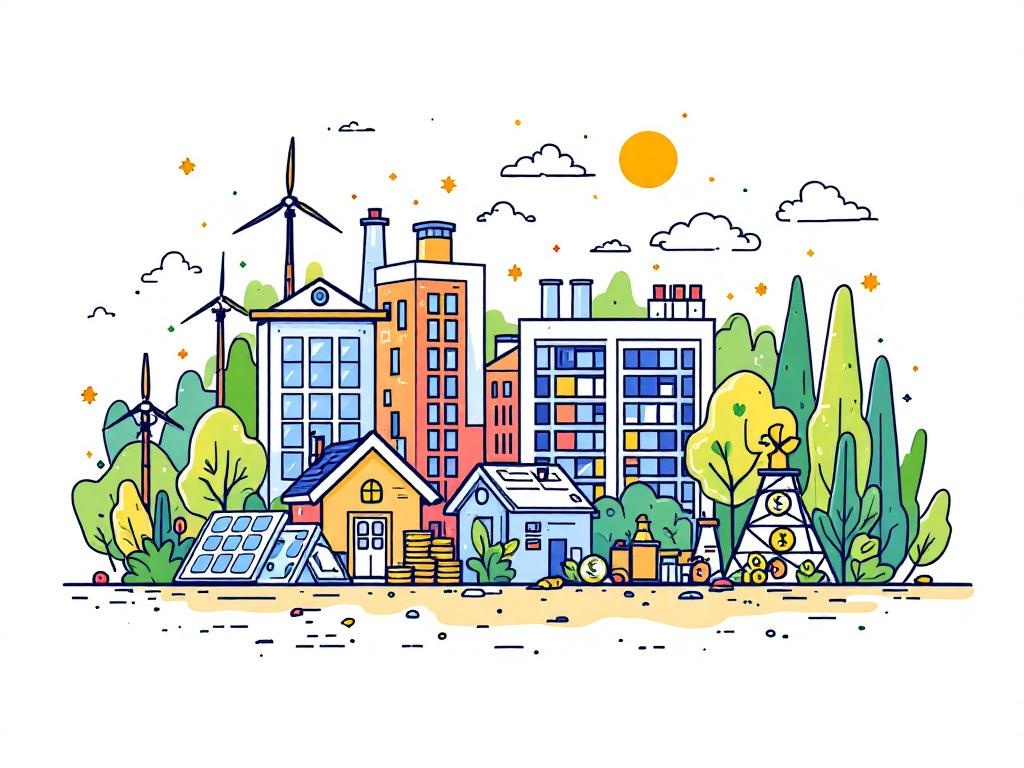Inflation Reduction Act Sparks Surge in Clean Energy Projects Across the U.S.

Washington, Sunday, 29 June 2025.
Since its enactment, the Inflation Reduction Act has catalyzed numerous clean energy initiatives nationwide, enhancing economic stability and fostering environmental sustainability despite complex project eligibility and developmental challenges.
Economic Impacts of the Inflation Reduction Act
The Inflation Reduction Act (IRA), enacted on 16 August 2022, has been pivotal in catalyzing clean energy projects across the United States. As of 28 June 2025, the Act has provided a considerable boost to clean energy firms, with more than 900 businesses surveyed reporting substantial growth as a direct result of the legislation. The Act’s impact includes the announcement of 52 major rural manufacturing projects in its first year, projected to generate 67,000 jobs and nearly $2 billion in worker income in rural America alone [1].
Challenges and Opportunities in Project Development
Despite the positive momentum, several renewable energy developers face numerous hurdles, including aggressive state and city-level clean energy goals, project opposition, and technical challenges related to grid integration and site selection [2]. Firms like TRC Companies provide integrated environmental, engineering, and construction solutions to address these issues, streamline project execution, and reduce environmental impacts [2].
Legislative Changes and Their Effects
Recent legislative developments, however, threaten to undermine these advancements. The latest Senate bill, released on 28 June 2025, proposes phasing out key tax credits by the end of 2027, putting approximately 2,332 solar and wind projects, with a combined capacity of 547 gigawatts, at risk [4]. This could have severe economic ramifications, especially for states like North Carolina and Kansas, where anticipated investment could drop drastically from a loss of billions if these credits are not preserved [4].
The Road Ahead for Clean Energy Initiatives
The Inflation Reduction Act’s provisions, including Registered Apprenticeships in clean energy industries, have facilitated the training of over 1,100 apprentices since 2023, with significant representation from underrepresented communities [5]. As the industry grows, these initiatives are vital for sustaining the momentum of clean energy developments and ensuring economic and environmental gains persist amid legislative uncertainties [1][5].